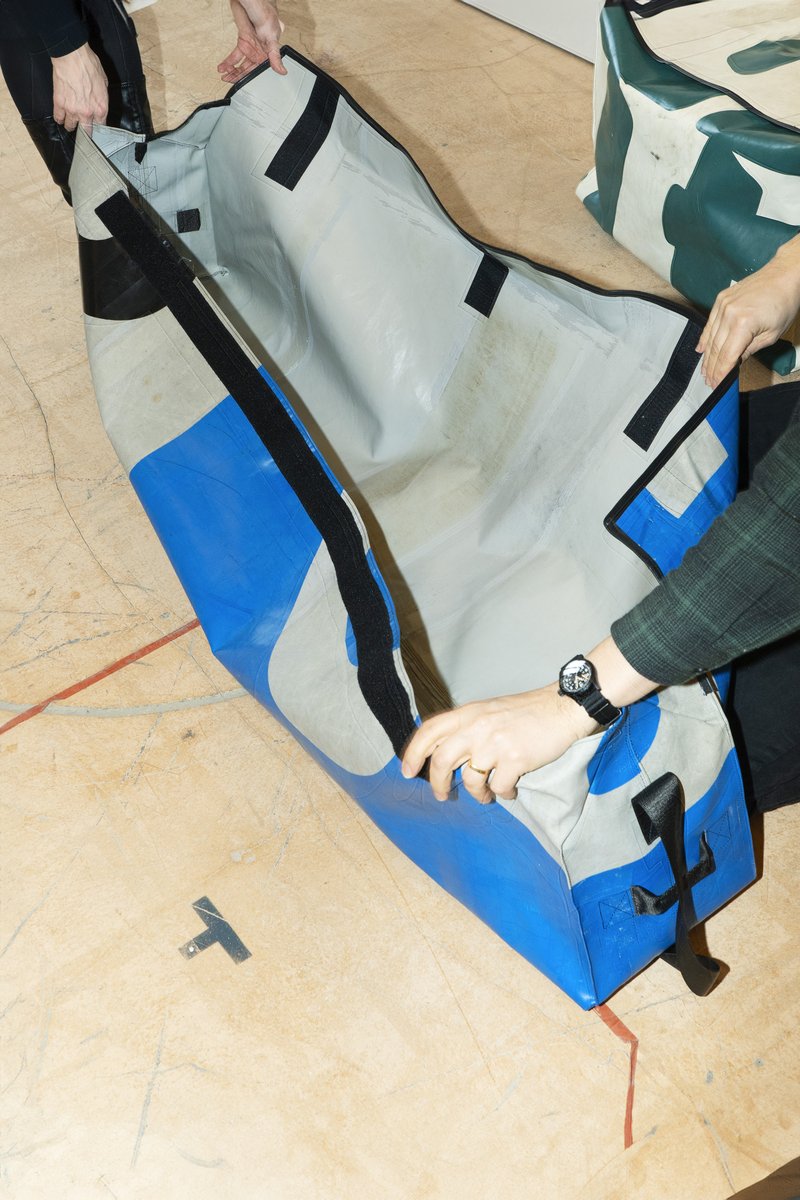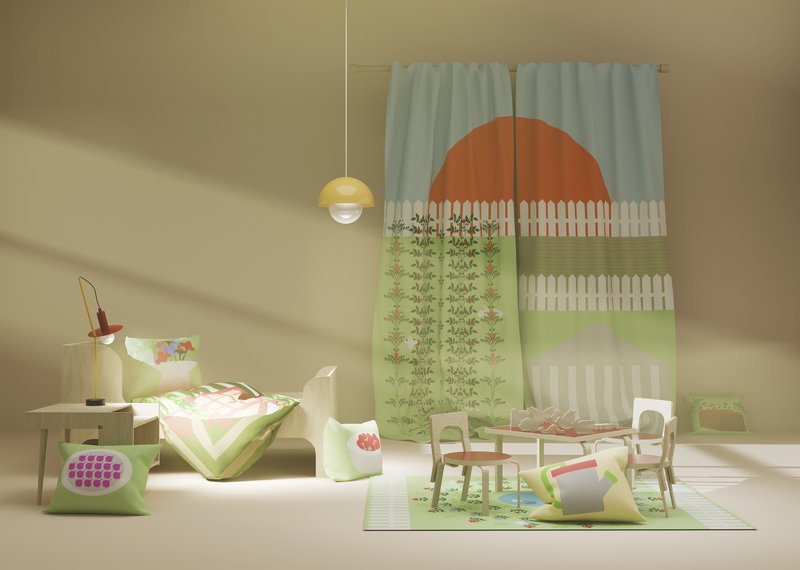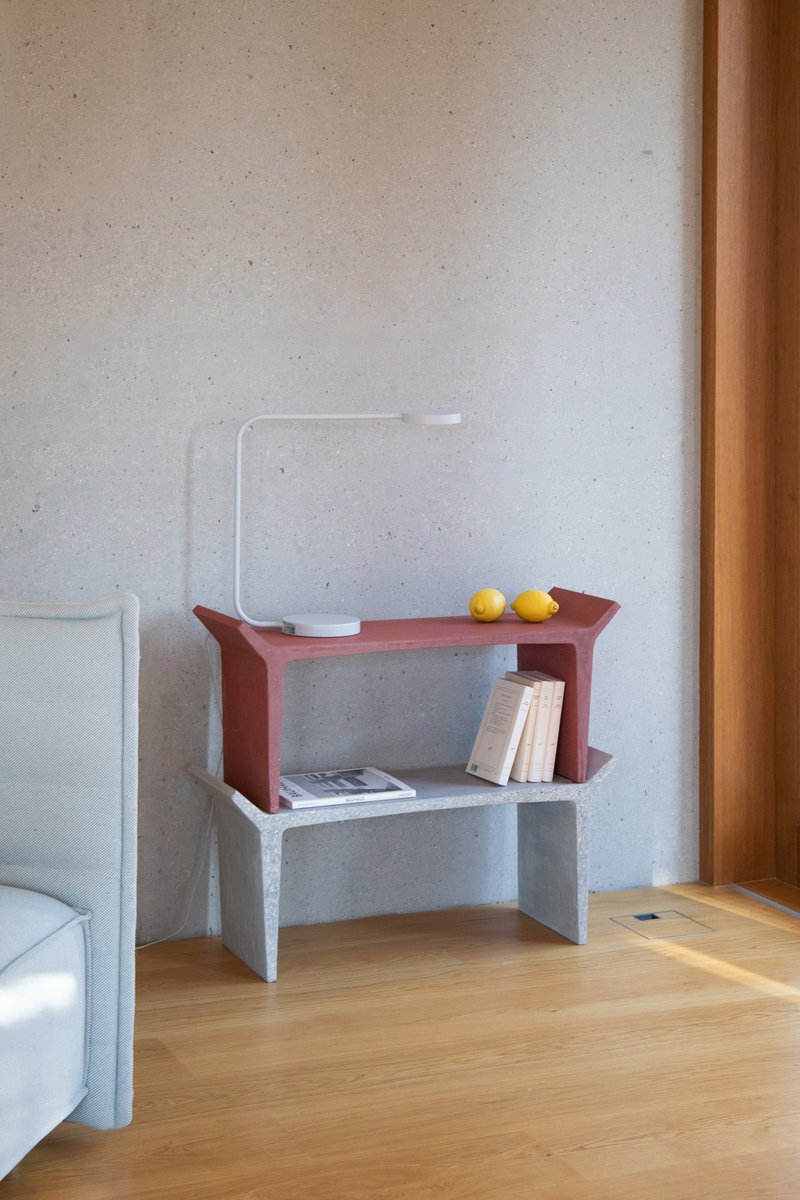
BA MEDIA & INTERACTION DESIGN
Iris Moine – Twist
with
Alain Bellet, Christophe Guignard, Gaël Hugo, Laura Nieder, Pauline Saglio
Twist was thought out as part of the upcoming industrial design exhibition at mudac - Musée cantonal de design et d’arts appliqués contemporains. The aim of this project is to engage children’s curiosity about design, for whom the idea of visiting a museum is often not the most exciting. How can we encourage a stimulating visit and discovery of the exhibits?
By bringing out an object from the exhibition, the Bold chair by Big-Game studio, this project transforms it into an interactive installation. Guided by a character on screen, children are invited to interact with certain parts of the chair: sitting, pinching, turning, etc. These interactions trigger games, and information is presented in a playful way, thus creating a direct and memorable relationship with the object and raising awareness of design.





